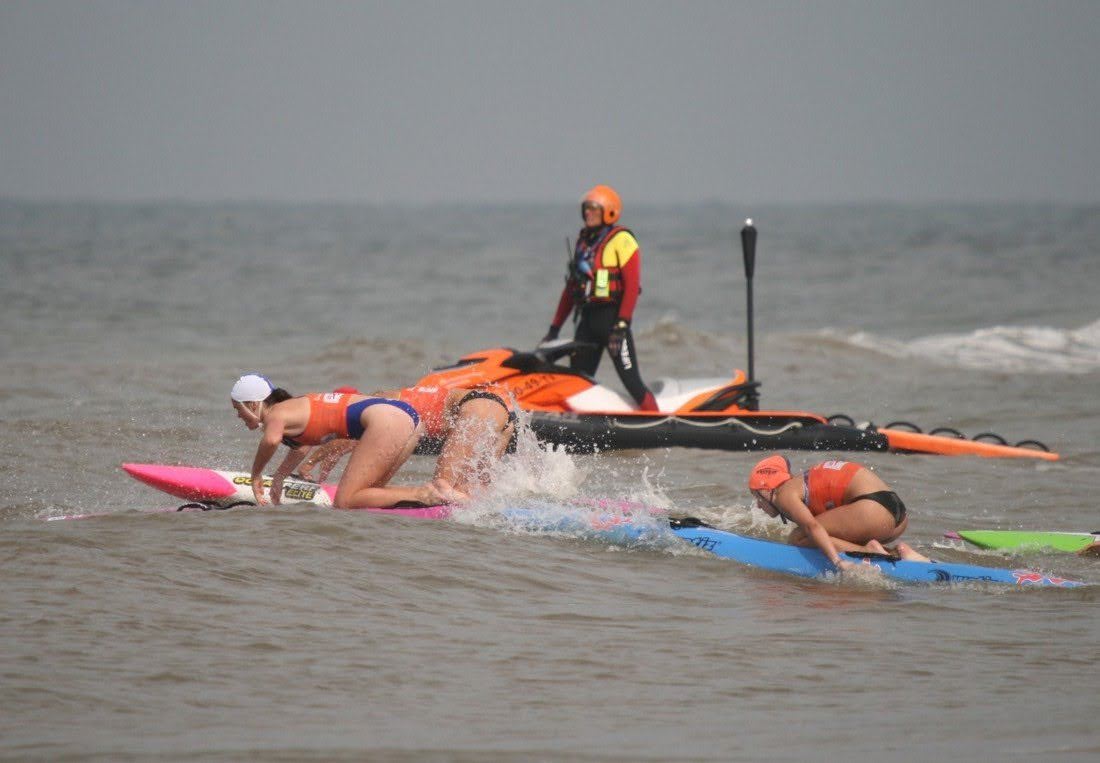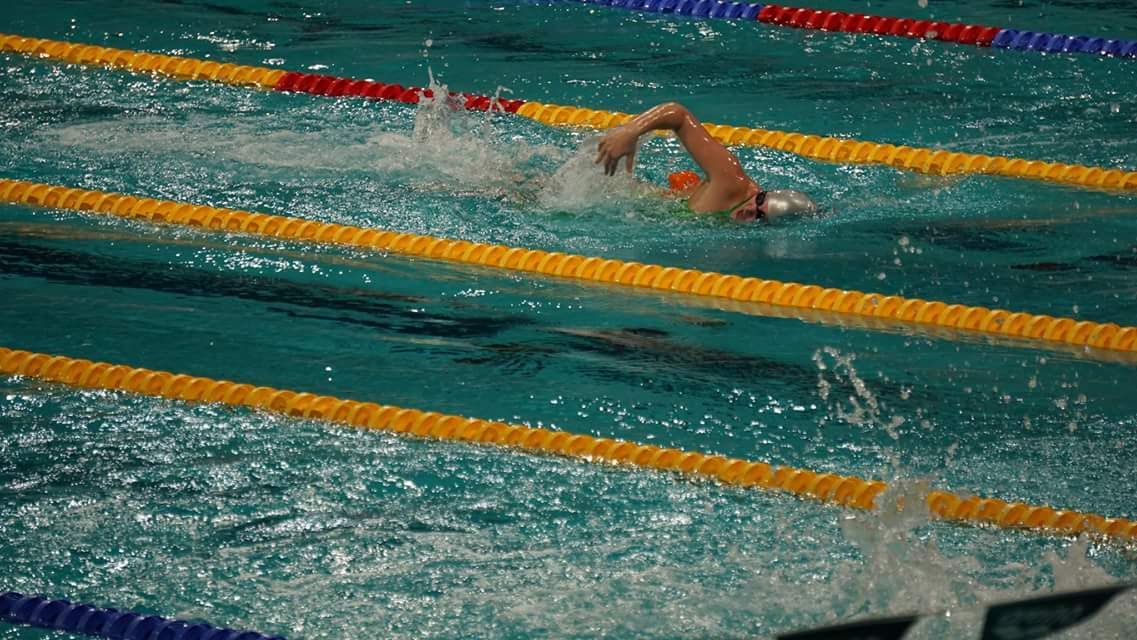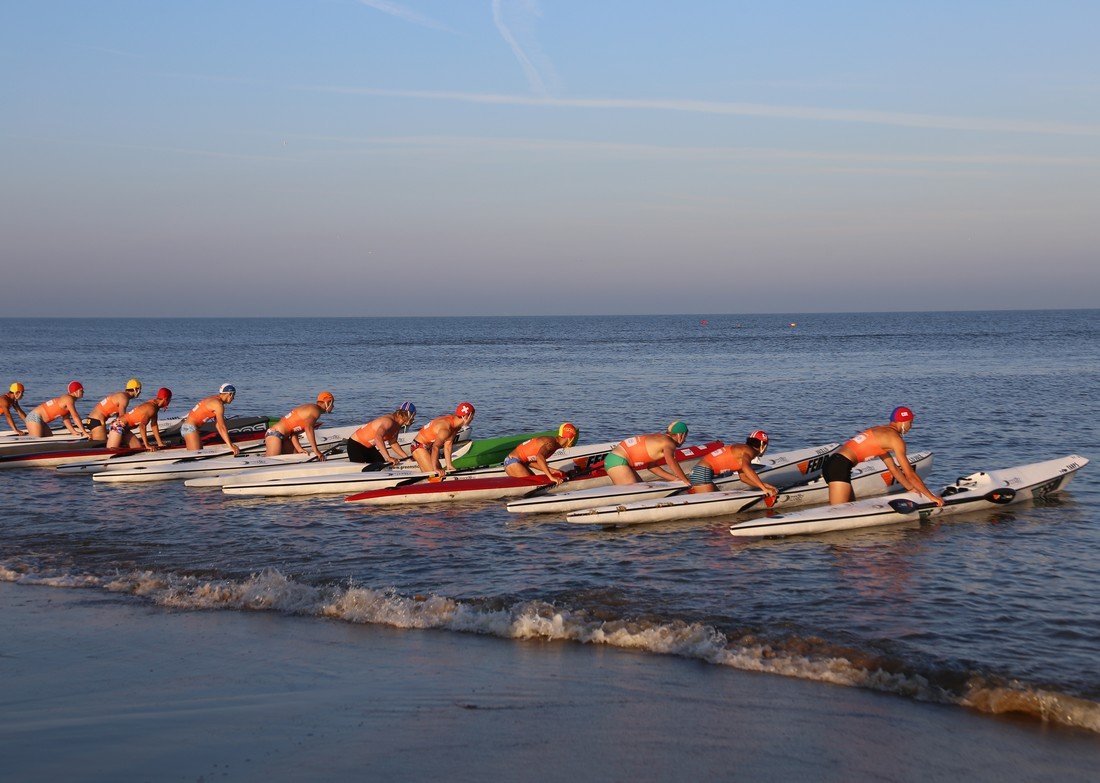Lifesaving
Home "
You become a lifesaver by successfully completing lifesaver training. Lifesavers have increased their self-reliance in a sporting manner and have mastered the basic skills of swimming rescue. They can rescue themselves and others in an emergency situation.
Emergencies can happen anywhere. Just like that, while shopping in a city with canals, or while swimming with friends or your children, during a party, a day at the beach, on vacation, while skating, a car accident, school swimming, a walk in the woods, a night out, a boat trip or a ferry ride, a flood, while fishing, a water sports activity, a visit to the waterside terrace, parental swimming, sauna visits, work along or on the water, walking the dog, walking across a bridge, etc., etc.
In most emergency situations, a lifesaver must make choices based on the circumstances. To perform life-saving actions responsibly as a lifesaver, you need good knowledge and skills so that you know how to properly handle the aid and rescue equipment available during an incident.
In addition, you must be in good physical condition to be able to use your knowledge and skills in practice. If you are not in sufficient condition, knowledge or skills, you pose a potential risk to yourself and others.
Once qualified, you're not there yet. The knowledge you have learned must be kept up-to-date, in line with the latest developments. The best way to keep your skills up to date is to (continue to) train and practice with your lifeguard. For example, by practicing the lifesaving sport and/or continuing to train as a lifeguard.
Lifesavingsport
Lifesaving is a competitive sport where lifesavers compete against each other. The components mimic real life rescue work. Worldwide, the popularity and awareness of lifesaving sport is increasing. Life-saving sport has grown to become a fully-fledged international sporting discipline.
The sport of lifesaving was originally developed to encourage lifesavers and lifeguards to develop, maintain and improve their physical and mental skills - needed to save lives in, on and along the water.
The components test the fitness, life-saving skills (think performing rescues and administering first aid) of lifesavers and cooperation between lifesavers. It's not just about physical aptitude, but more importantly the ability to prioritize, adapt and show initiative.
The sport of lifesaving has a subdivision into 'pool events' and 'ocean events'. Both disciplines involve both individual and team events. In the pool events, the competitions take place in the swimming pool and participants test their skills during events such as pop-up swimming with flippers, obstacle swimming and transporting victims with a rescue tube. In the ocean events the competitions take place in open water, for example in the sea or in a lake and on the beach. Participants test their skills in events such as board races, beach sprints and surf races.
The sport of lifesaving is the only sport in the world for which athletes first learn the skills to save themselves and others and then use those skills in competition.
The lifesaving sport is therefore a logical addition to the lifesaving diploma swimming. Children, young people and adults develop the necessary skills during diploma swimming in the lifesaving line and are introduced to the lifesaving sport during these lessons. This is done through fun game forms and competition elements that are derived from the sport components. The competition element ensures that children have fun during the lessons. In addition, they improve their health and fitness. These elements should motivate children to train the sport elements and to start participating in lifesaving competitions.
In the Netherlands lifesaving competitions are organized in which rescue brigades participate. also exist competitions in which anyone can participate. In addition, Dutch KaEr mpionships (NKs) for pool events, ocean events and Simulated Emergency Response Competition (SERC) are organized. If you participate in lifesaving competitions, you will be assigned to an age category depending on the year you were born. There are also diploma requirements.
Difference between lifesaver and lifeguard
At a lifeguard center, you have the option of becoming a lifesaver and lifeguard. A lifesaver and lifeguard have many similarities and learn some of the same theory and skills, but they do differ.
What is a lifesaver?
A lifesaver has increased his or her self-reliance and has become proficient at rescuing drowning people. He or she is not a professional, but does have the skills to (independently) provide help to drowning people. The lifesaver has a strong sporting character and is therefore in line with the sports association that is Reddingsbrigade Nederland. Lifesaver training courses fall under the Lifesaving training line.
What is a lifeguard?
A lifeguard is qualified to provide professional water assistance to drowning persons. He or she is structurally deployed by a lifeguard team to supervise and provide assistance in, on and along the water; at the coast, in inland waterways and in the swimming pool. This may also be at water-related events. The lifeguard is therefore part of the rescue organization Reddingsbrigade Nederland is. Lifeguard training courses fall under the 'Lifeguarding' training line.





